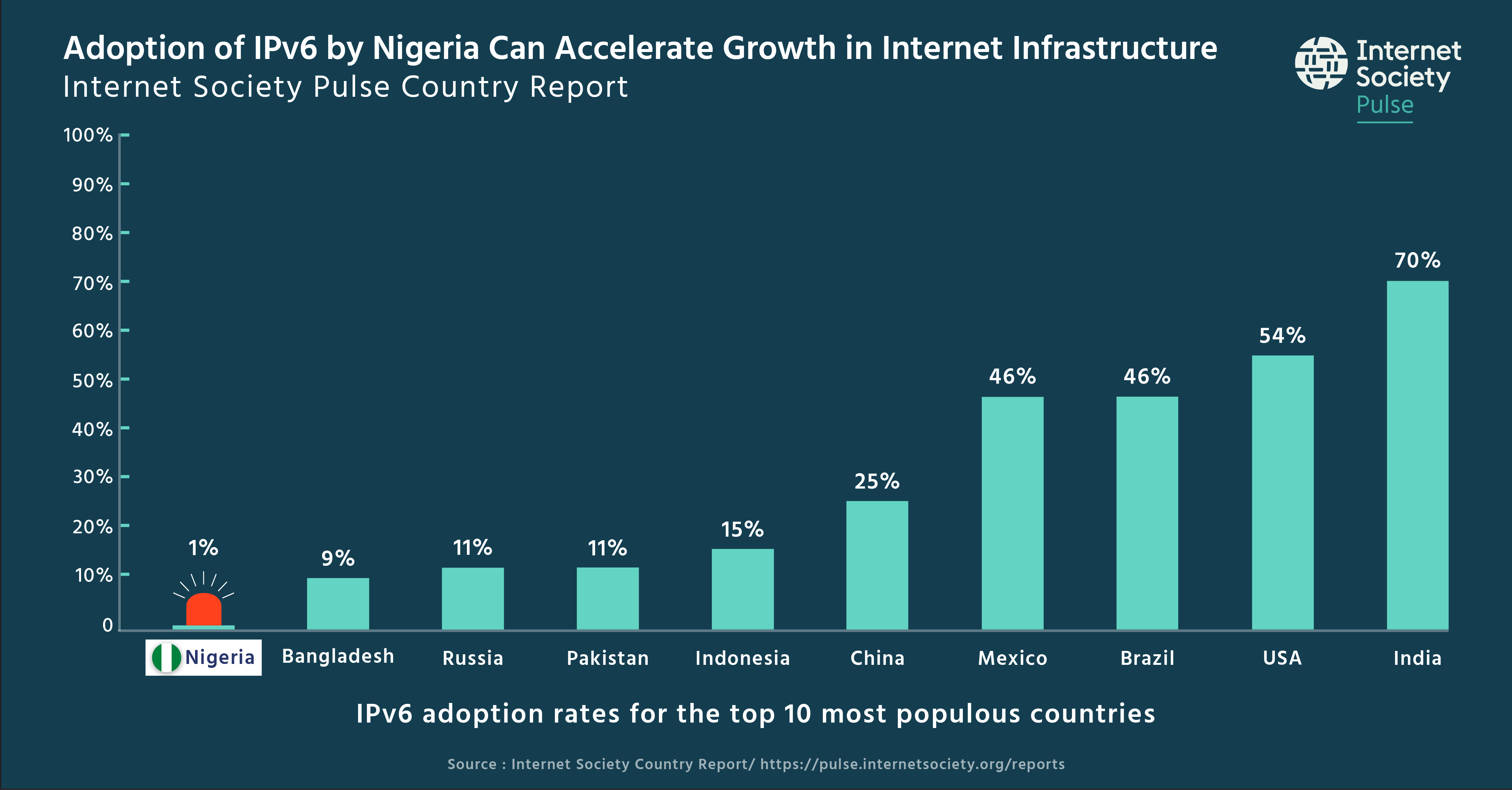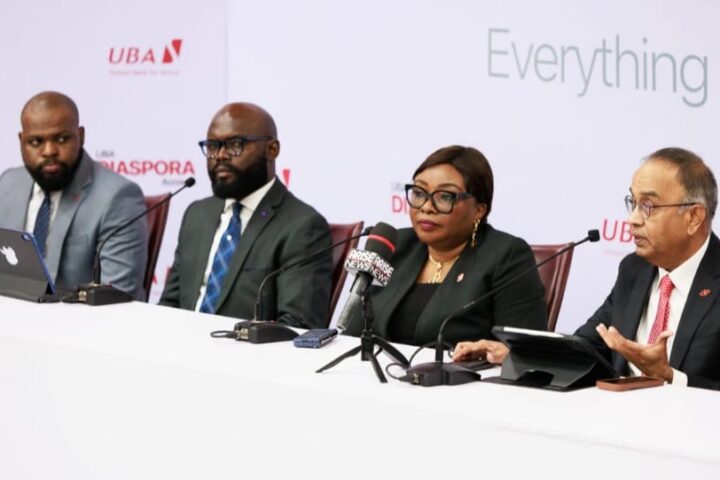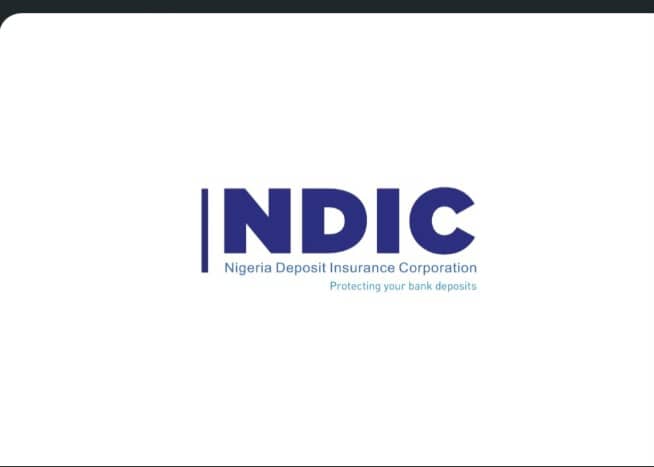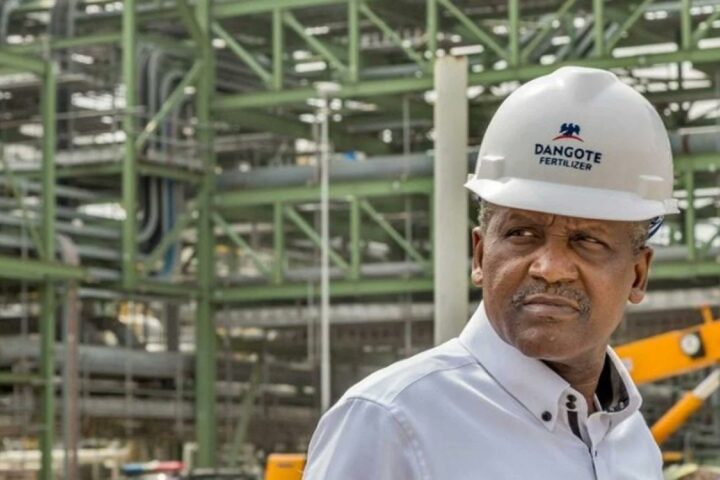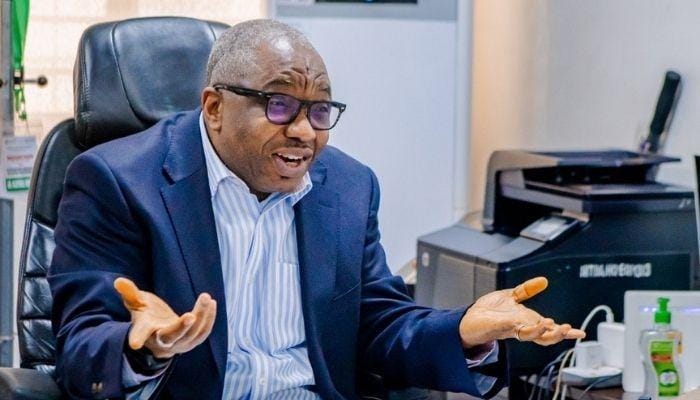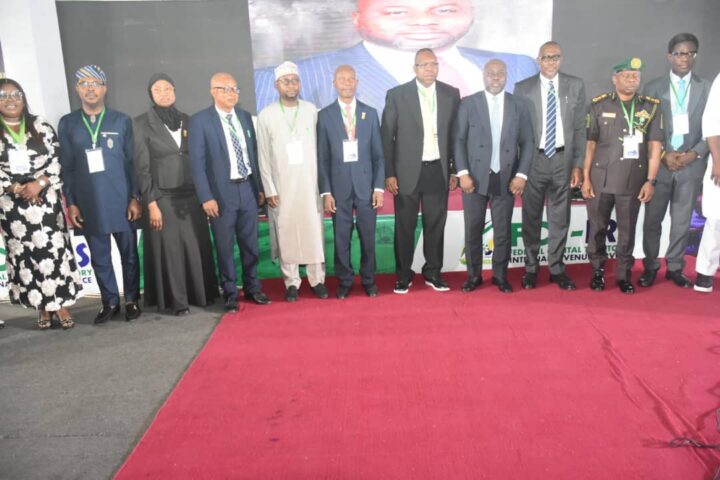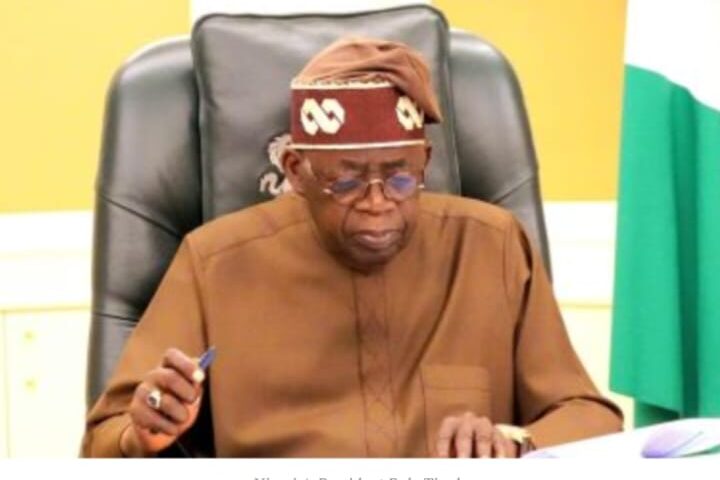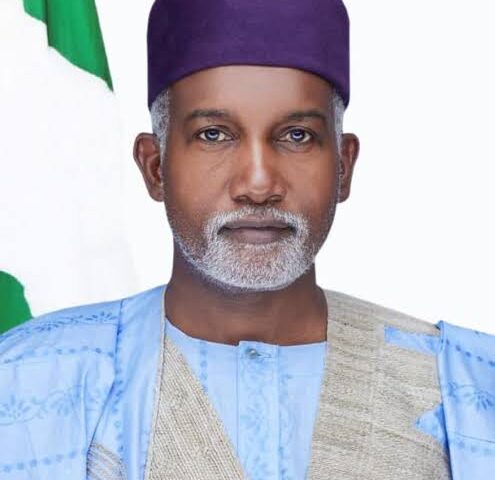Mohammed Shosanya
An Internet Society report saysNigeria’s Internet penetration is lagging, with only 36% of its 213 million citizens using the Internet, ranking it 18th in Africa. To increase this percentage and reap the benefits of the Internet, including a highly connected economy,
Nigeria must address market-related challenges in order to increase this percentage and reap the benefits of the Internet, including a highly connected economy,the report said
According to the report,the number of companies that provide local access to the Internet, known as Internet Service Providers (ISPs), and companies that connect an ISP to the global Internet, known as Internet transit providers, servicing Nigeria is well below average compared to global standards.
The Internet Society’s Distinguished Technologist, Michuki Mwangi,said the observation points to local barriers that make it difficult to provide resilient and affordable Internet connectivity.
He added:“Nigeria can improve the resilience and usage of its Internet by reviewing its telecommunications-related policies, regulations, and other factors that discourage service providers from investing in the Internet infrastructure that will facilitate better connectivity,”
“Our Pulse Internet Resilience Index highlights that more efforts are needed to improve the infrastructure, performance, security, and market readiness.Improving these areas can have flow-on effects such as decreasing interconnectivity costs, improving performance, and increasing affordability”
Mwangi also notes that the country needs to increase its use of IPv6 to accommodate the future growth of the Internet—something that many populous countries are doing as more of their population starts to use the Internet.
According to the Pulse Country Report, Nigeria’s 1% IPv6 adoption rate ranks 18th in Africa and is the lowest among the top 10 most populous countries worldwide.
IPv6 is the next-generation Internet Protocol (IP) standard intended to replace IPv4, the protocol many Internet services still use today. IPv6 is a well-established protocol that is seeing increased deployment and adoption, particularly in mobile phone markets, as it enables networks to connect more devices and expand their networks without relying on additional resources. Mobile devices generate more than 84% of Internet traffic in Nigeria.
The Internet Society Pulse Country Report highlights governments, technology stakeholders, and industry players need to work together to prioritize competition and open the market to increase Internet resilience.


